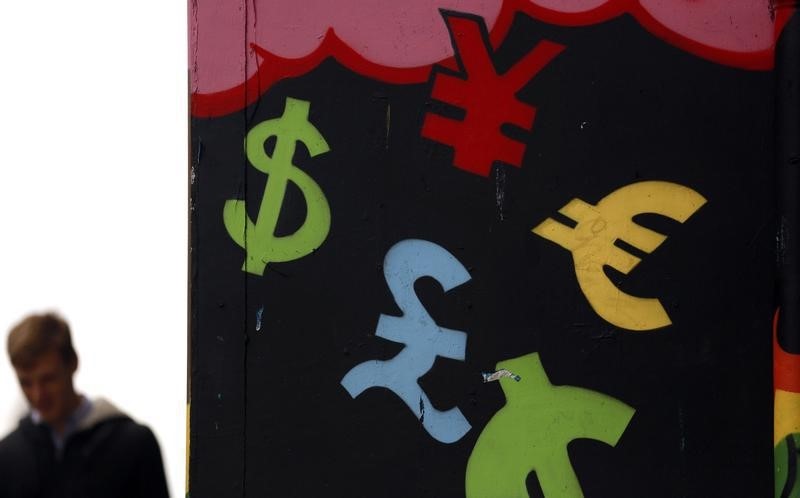Bullish indicating open at $55-$60, IPO prices at $37
On Friday, the British pound reached a two-month high following the release of data indicating a significant increase in UK consumer spending in January. This surge in spending came alongside a report that British companies are reducing their workforce at a rapid pace, according to a Reuters report.
Despite a marginal decrease in the UK S&P Composite Purchasing Managers’ Index (PMI) for February, the pound showed resilience, slightly appreciating on the day.
The UK’s consumer spending in January saw an unexpected sharp rise, a positive sign for the economy. However, the same period revealed a stark contrast in employment trends, with a notable drop in the PMI employment index to its lowest point since November 2020, excluding the COVID-19 pandemic period.
This decline in employment has been linked to the tax increases on employers introduced by Finance Minister Rachel Reeves in her late October budget, prompting businesses to drastically reduce their hiring plans.
The pound was trading up 0.1% at $1.2675, having been at $1.266 before the data was released. This level marks the currency’s strongest position in two months. Conversely, the euro dipped slightly against the pound, falling to 82.81 pence from 82.85 prior to the data release.
Wage growth in the UK has remained robust, with regular pay increasing by 5.9% in January. Consumer inflation also reached a 10-month high of 3% last month, even as the economy exhibited modest growth of 0.1% in the final quarter of 2024. The combination of sluggish economic expansion and persistent inflation has led traders to anticipate no more than two additional rate cuts from the Bank of England this year.
The pound has gradually strengthened since the beginning of the year, rising by 1.2%, though it still ranks towards the lower end among G10 currencies. In 2024, it was the top-performing major currency against the dollar. Despite this, strategists from BBVA (BME:BBVA) advised caution, suggesting that the current levels might be overstretched given the pound’s recent appreciation since mid-January.
Retail sales in Britain also outperformed expectations, with a 1.7% increase in January, surpassing forecasts of a 0.3% rise, according to the Office for National Statistics. This was a rebound from December’s figures, which were revised to show a 0.6% decline from an initially reported 0.3% drop.
This article was generated with the support of AI and reviewed by an editor. For more information see our T&C.
